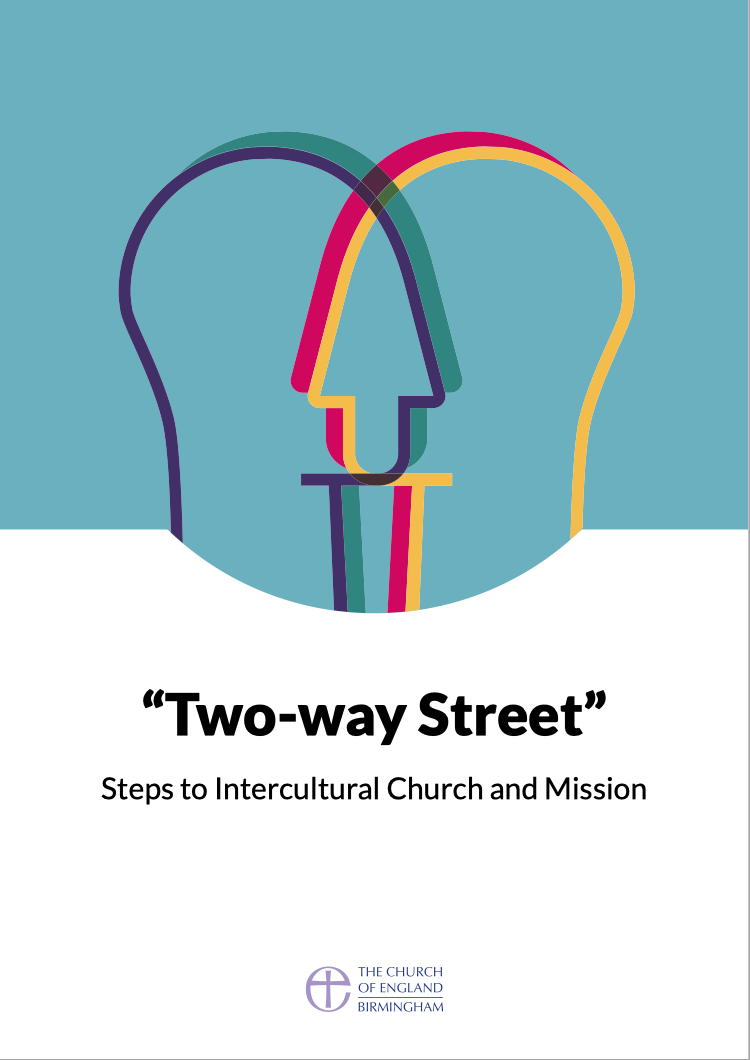Welcome to “Global Witness, Globally Reimagined.” You get a glimpse here of the kind of work that I do both at Church Mission Society and Missio Africanus where I help students of all levels (from unaccredited courses to PhD) explore the theological (and missiological) implications of the rise of World Christianity. In the newsletter, I focus on the subject of global witness in the context of the twenty-first century. Every Thursday, I share a thought that has spoken to me in the week, one or two resources that I trust will be helpful to you, and three exciting quotes about mission to give you something to think about as you go through your day. I pray one of these will energise you.
1. Thought I Can’t Shake Off
It is Ascension Day today. I am reminded of the words Jesus spoke, “go, therefore, and make disciples of all nations” (Matt 28:19) and “you shall be my witnesses in Jerusalem, Judea, Samaria to the uttermost ends of the earth (Ac 1:8). This, in essence, is what followers of Christ are called and sent to do—to witness to the whole world about Christ and make all peoples disciples of him. Yet, this is not what I see many of us involved in Christian missions do. At best, we make people disciples of ourselves. We reproduce Christians in remote parts of the world, molding them in our own images because, of course, we believe our way of following Christ is the only one. At worst, we are not making disciples at all, (because we do not know what that means and how to do it). Many of us think that discipleship is primarily about the passing on of knowledge from those who know to those who don’t. Certainly, knowledge transfer is an important part of discipleship, but it is not discipleship (and it is not the most important part of discipleship).
To some extent, the words “disciple” and “discipleship” do not even have direct equivalents in the wider society. “Mentorship” and “apprenticeship” come close but they are still different. While a disciple is a student attached to a master, a rabbi, or a guru to learn the master’s teachings and life, both mentorship and apprenticeship are generally focused on the student’s ability to learn a trade or perform certain desirable tasks. A disciple subscribes to a school of thought and sits under the tutelage of its leaders to fully understand what it is about and its implications on the follower’s lives, and then to represent it well to others. The closest example I can think of here in the West is when a group of students come around a respected scholar for some time to learn his/her discipline’s intricacies after which they can accurately explain their professor’s ideology and represent their institution’s good name to the world.
Disciples of Jesus are people who are influenced by Jesus, who follow his teachings and whose lives are shaped according to his words. We are all called to be disciples who make other disciples by teaching them everything Jesus taught us and demonstrating to them how to live according to his teachings. Matthew 16 is pivotal in the story of Jesus discipled the Twelve. Peter was only able to know who Jesus was because he heard the voice of the Father. This was a breakthrough moment—after three years of discipleship, one of the disciples could hear the Spirit’s voice. This, to me, is exactly what discipleship is about; teaching people to live a life that enables them to hear the voice of God.
2. Resources I am Enjoying
This is a very rich resource that was launched at the Birmingham Cathedral last summer. We recorded several interviews with some leaders of multicultural churches in England. We also visited and recorded multicultural worship services in London, Chesterfield, and Manchester. You will hear how these leaders understand multicultural congregational life. The resource is free. You can download both the PDFs and the videos on the Pathways page. You can download the videos and watch them on your device for free. They make the invaluable essence of the journey to multicultural worship more perceivable. They will help you understand how to assess it in our various church settings, some obstacles to such a mission, and ways to practically realise it. This is one resource to strongly consider for anyone seeking to maximise the blessing of the diversity of God’s body in today’s multicultural societies. All videos in this resource can be seen here. (Vimeo may require you to sign up or sign in).
3. Quotes I am Pondering
… the mission of Jesus Christ, among other things, is to restore the lost friendship between God and humans and to reconcile them to one another. And in doing this, everyone can benefit from this mission. — Colman Okechukwu Nwokoro
[The church is] called out of the world and sent back into the same world to manifest the reign of God on earth. Its outreach should address both spiritual and physical needs of the community. — Rowanne Sarojini Marie
… when a supposedly Christian racial group metes out prejudice to an unbelieving racial group in the name of being better or superior culturally, such affects the reception of the gospel in the area. — Samson A. Iliya
I pray that you will be faithful in whatever God calls you to do this week.




